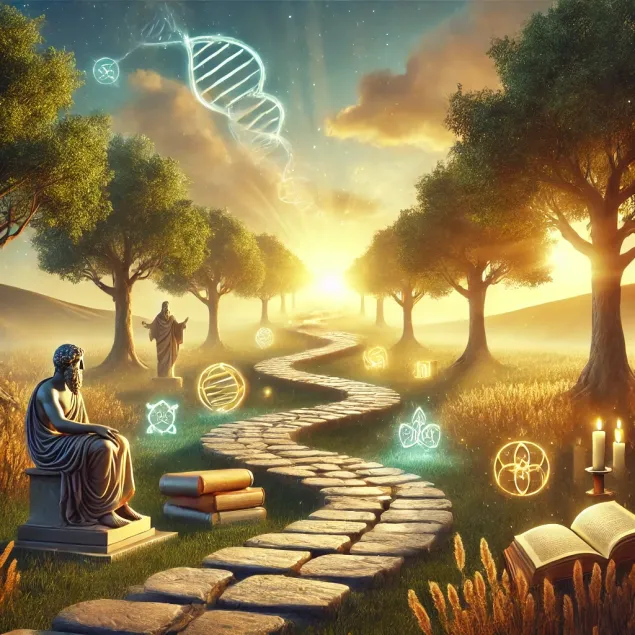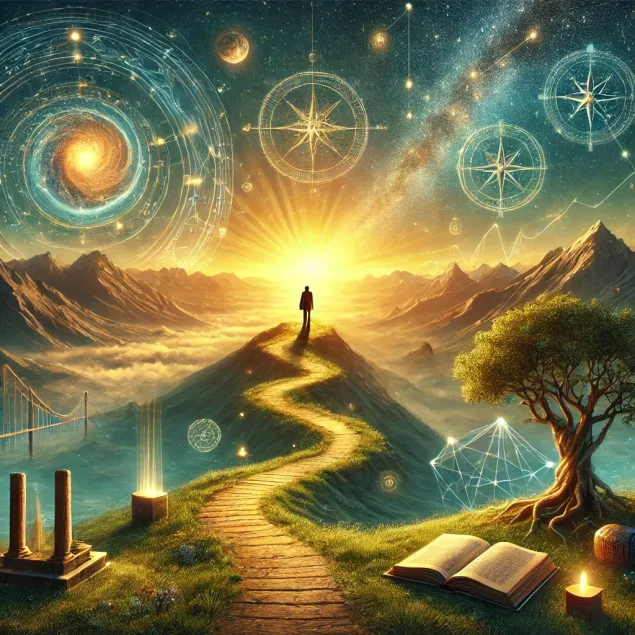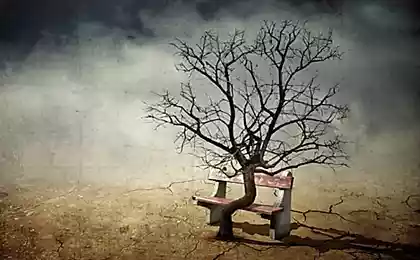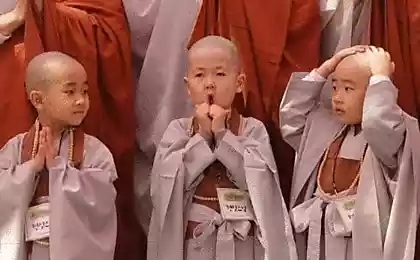267
The Rules of Life Wisdom

Introduction. We used to think that wisdom comes with age, but reality often refutes this view. Some people in old age continue to be hostage to long-standing grievances and fears, while others literally radiate calm and depth, being young enough. What is wisdom? Psychologists, philosophers and cultural scientists agree that wisdom is not just a baggage of knowledge, but the ability to apply this knowledge for the benefit of oneself and others. Analysis of behavior in non-standard situations, empathy, psychological flexibility, the ability to admit one’s own mistakes – all these together form the very experience that we call life wisdom. And this inner support does not appear on its own: it requires certain rules, an understanding of the ecology of one’s own life, and constant personal evolution.
What does "ecology of life" mean?
The concept of “ecology of life” may sound like a metaphor, but it has a direct bearing on how we build our internal and external environments. We are talking about a balance between our needs and ways of meeting them, about careful attitude to resources – not only natural, but also our own psychological ones. Environmental attitude to yourself means the ability to relax in time, respond to stress not destructively, but constructively, maintain your health and emotional balance. Similarly, “environmental” with people implies respect for borders, ethics of communication, and a willingness to engage in dialogue rather than conflict. All of these aspects of life ecology leave an imprint on how we understand wisdom and how we put its principles into practice.

The Key Principles of Life Wisdom
There are many recommendations and aphorisms, but if you discard all superfluous, there are several basic rules that help a person develop wisdom.
- Listening and hearing.
At first glance, this seems like a simple communication technique, but in practice, most people are more focused on their own thoughts than on the interlocutor. A wise person is able to direct attention not only to what he is told, but also to the subtext, the emotional state of another. According to research by the American Psychological Association, active listening helps strengthen interpersonal connections and helps to perceive information more deeply, which ultimately develops analytical abilities. - Acknowledge your own limitations.
True wise people are not afraid of the phrase “I don’t know something.” Readiness to learn opens the way to broadening horizons. Sometimes we underestimate the power of curiosity, even though it’s what drives us to read new books, learn foreign languages, or delve into science. To maintain such a “thirst to learn”, you can keep a diary of new discoveries, where any interesting facts and ideas are recorded. Looking back, you will see how much your world has expanded. - Controlling reactions.
Wisdom is manifested in the ability to maintain a balance between emotions and logic. If we are in a state of constant stress and aggression, we will not be able to think clearly and make informed decisions. To develop calmness, experts advise practicing short “stops” before a response or action: take a few deep breaths, analyze the situation and then react. This skill is especially valuable in conflicts or disputes – it is here that our inner maturity is tested. - Empathy and Ethics of Interaction.
Many philosophies, from ancient to modern, say that wisdom is always intertwined with kindness and compassion. The ability to look at the situation through the eyes of another person not only strengthens ties, but also allows you to see a larger picture of the world. Furthermore, a wise person does not separate his or her life from the lives of others, realizing that we are all interconnected in a large community called humanity. Support, empathy and respect are important elements of the overall eco-balance of society. - Ability to introspection.
A deep level of introspection involves regularly assessing one’s own motives and actions. Wisdom grows through self-criticism, not destructive but constructive. This approach implies that we notice our own mistakes, learn from them and use these experiences in the future. Psychological studies published in Harvard Health Publishing show that people who practice reflection and introspection are less prone to burnout and show a high ability to adapt. - Consistency and discipline.
No development is possible without consistent progress towards the goals set. The same goes for expanding our internal resources. The habit of taking time each day for self-education, spiritual or intellectual practices (reading, writing notes, keeping a diary), and taking care of the body (walking, physical activity) forms a solid foundation for cultivating wisdom.
Where to Find Answers: The Importance of Guidelines
Wisdom is not a static quantity, but a process of constant development. In different periods of life, we face new challenges: family relationships, career, personal growth, unforeseen crises. In order not to get lost in the unpredictability of the environment, it is useful to have landmarks:
- Teachers and mentors. These can be real people – psychologists, mentors, teachers, or virtual – authors of books, podcasts and lectures. The advice of competent specialists and time-tested thinkers forms a solid basis for reflection.
- Cultural heritage. We are talking about philosophical texts, classical literature, spiritual practices of various traditions. Even if we do not share all the views of a particular author, familiarity with his ideas enriches the worldview.
- My own experience. No one changes the subjective lens through which we view reality. Personal experience, complemented by knowledge and critical thinking, is a fundamental source of wisdom that is constantly being improved.

Wisdom as the Way, Not the End
People often think of wisdom as the final stage of personal development. But in fact, it is a path of constant self-discovery and acceptance of new knowledge. Wisdom requires a careful ecology of relationships with oneself and others, the ability to listen, forgive and work on oneself. It is the ability to live up to your values while remaining open to change.
Each of us is able to introduce new rules into our lives, leading to a deeper understanding of the world. And if at the beginning of the journey these ideas may seem too abstract, over time you will see that it is this “environmental position” and focus on harmony with the self that allows you to come to inner clarity. After all, no one is born wise: we only learn this step by step, discovering in ourselves inexhaustible resources of knowledge and understanding.
A letter about a partner: a technique that will help to deal with feelings
Frederick Perls: The Birth of a Neurosis























